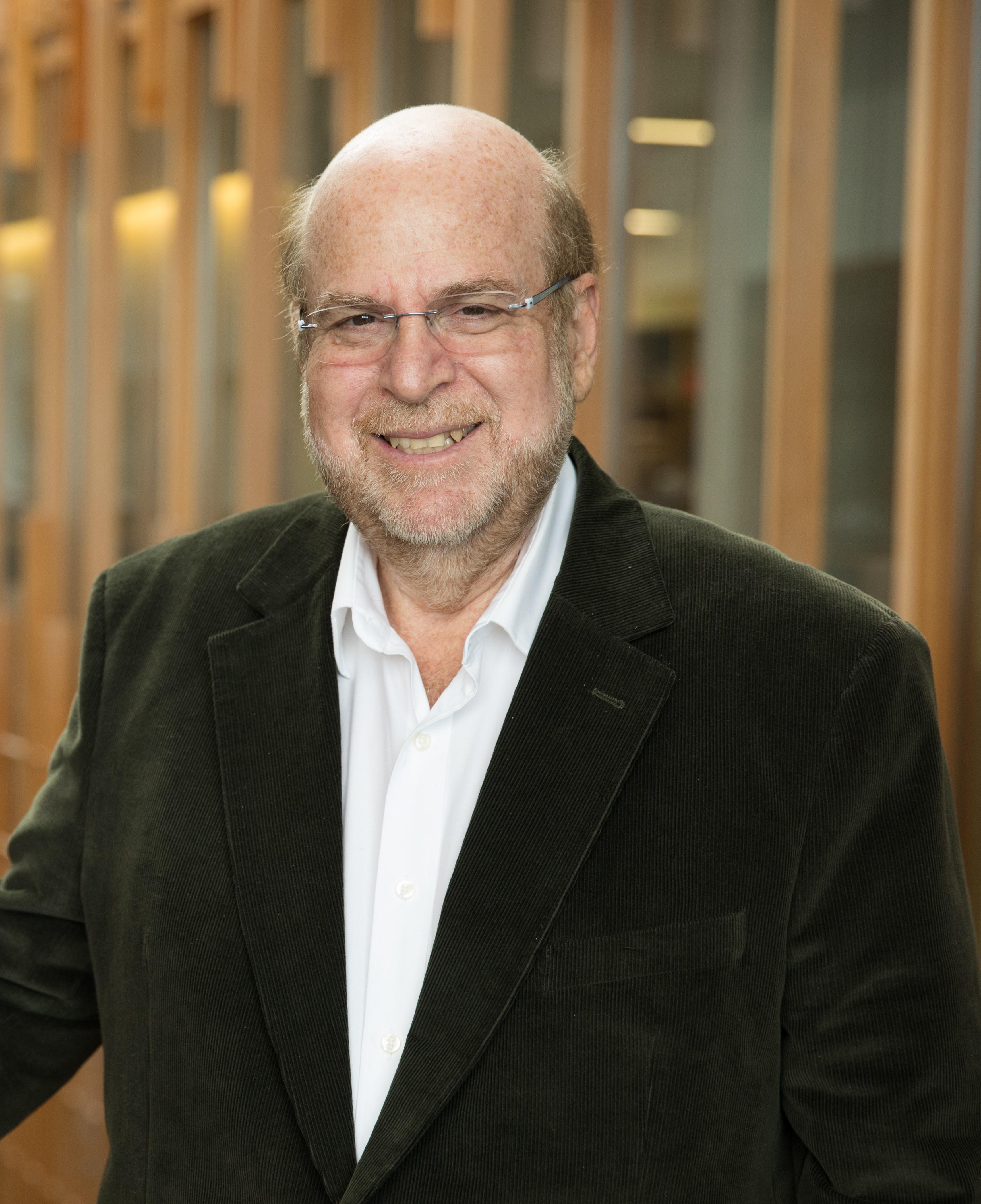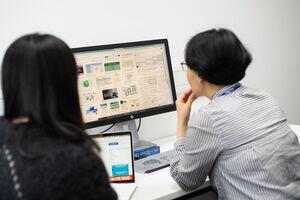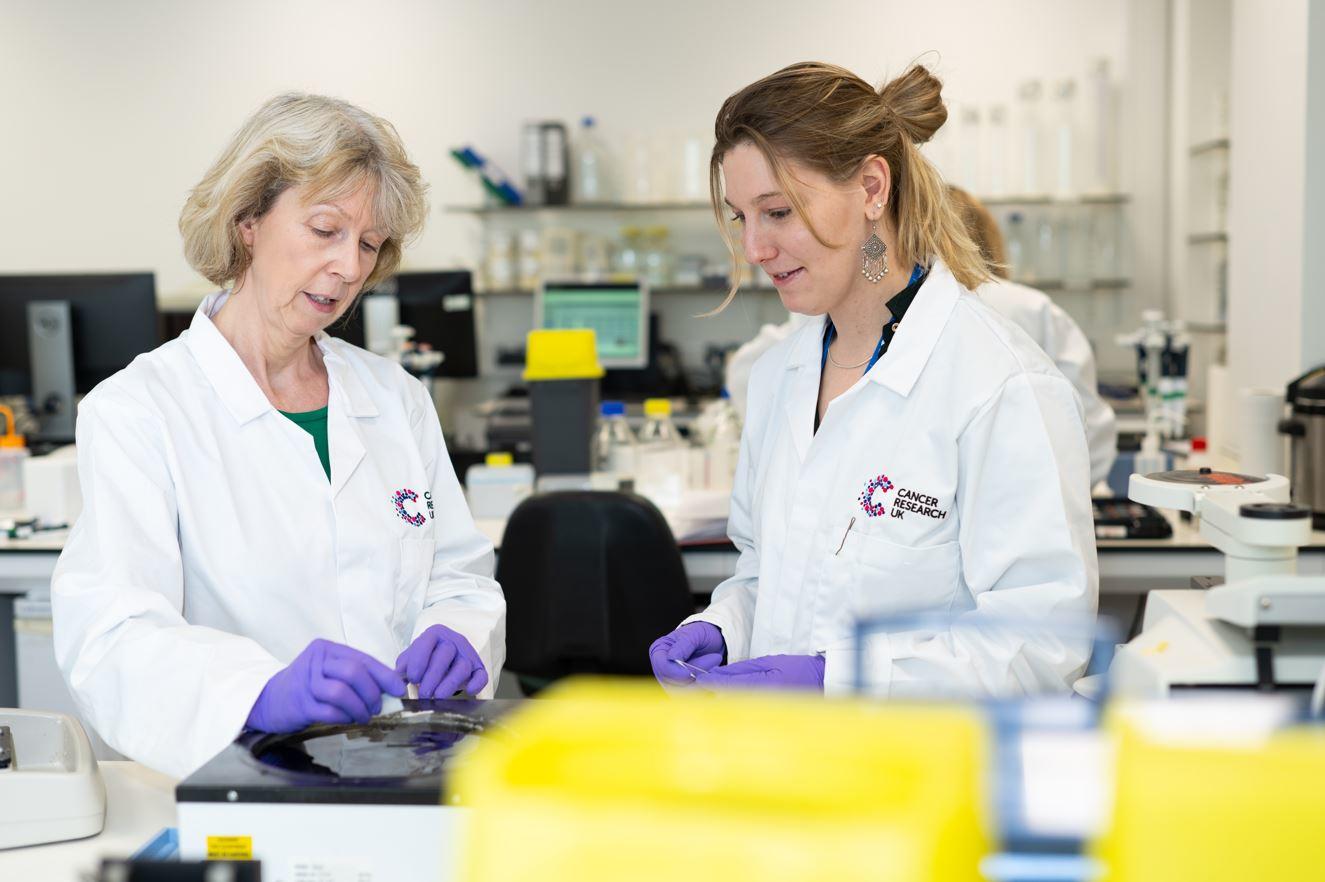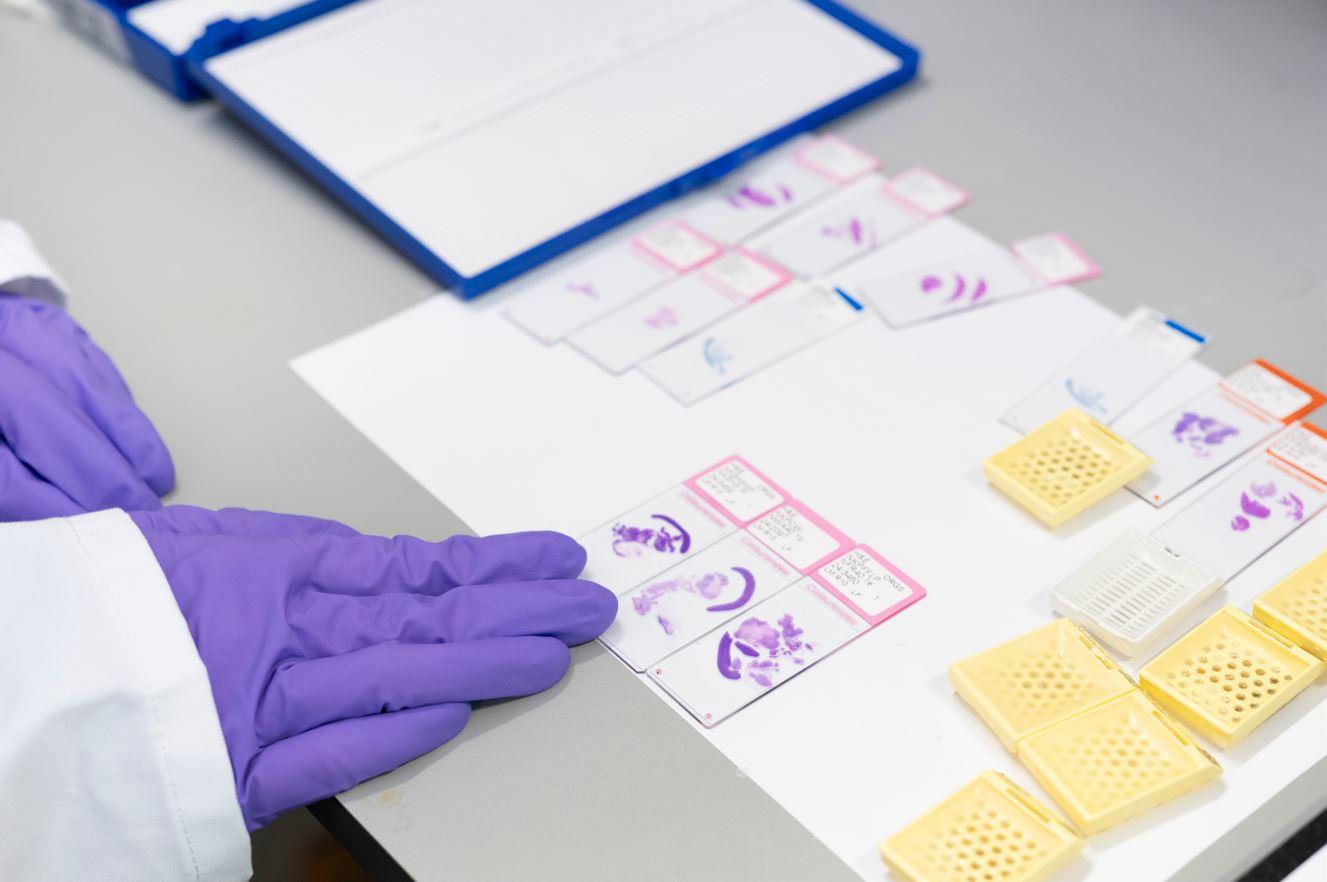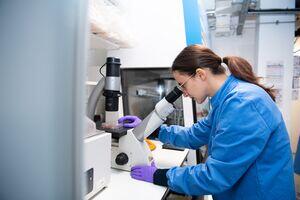International Alliance for Cancer Early Detection (ACED)

The International Alliance for Cancer Early Detection (ACED) is a £50m partnership between Cancer Research UK, Dana Farber Cancer Institute, The University of Manchester, the German Cancer Research Center (DKFZ), University College London, Knight Cancer Institute at OHSU and The University of Cambridge.
The Alliance exists to work on transformative ideas in early detection, collaborate with industry partners and accelerate patient benefit.
Our strategy
ACED has three broad strategic themes, with multidisciplinary expertise located across its member centres, uniquely positioning us to drive progress in the early detection of cancer.

